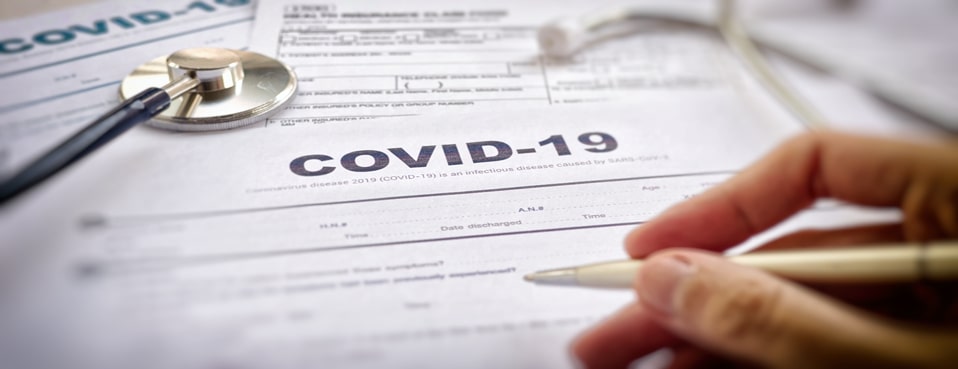Entertainment expenses have long been a hallmark of business tax deductions, whether for wining and dining prospective clients or pampering existing customers. But Congress has been steadily whittling down what can be counted as a deduction.
And the 2017 Tax Cuts and Jobs Act (TCJA) has further narrowed the scope of deductions—and introduced plenty of confusion, explains tax pro Daniel J. Pilla in his Eli Financial webinar, “New Tax Law Section 274: Meals and Entertainment Deductions.” Everyone from financial planners to EAs and CPAs needs to be on-point with the tax law’s Section 274 and recent 274(a)1 amendments, says Pilla , who covers these rules as well as the latest IRS updates in his training program.
Narrow Changes Can Have Big Impact on Deductions
Part 274, section a of the U.S. Tax Code has long been the bread and butter of business write-offs, with subsection e, part 1, detailing employee food and beverage deductions: “Expenses for food and beverages (and facilities used in connection therewith) furnished on the business premises of the taxpayer primarily for his employees.”
But Congress and the IRS have been chipping away at those kinds of deductions for years, and in October the IRS took a major swipe at the corporate lunch by eliminating the exception for events associated with business activities.
“As a result,” wrote attorneys from Eversheds Sutherland, “a critical question is whether typical business meals with clients and business contacts are considered to be ‘entertainment’ and therefore subject to the deduction allowance.”
Code had said those types of expenses were deductible if they were “ordinary and necessary” and happened while carrying on business. TCJA made most entertainment expenses non-deductible but did not define what entertainment was.
“The changes affect only a narrow group of expenses,” wrote attorneys from GrantThornton, “but they can represent large deductions for taxpayers.”
The Fine Print: Meals Must Be ‘Ordinary and Necessary’
GrantThornton provided a run-down of the changes:
- Most meal expenses now get a 50% deduction, not 100%, as long as they are: “ordinary and necessary,” not “lavish,” the taxpayer or employee is present, they are purchased separately from any entertainment, and they are provided to a current of potential business customer, client, consultant, or similar business contact.
- Exemptions are: expenses treated as compensation, reimbursement for service performances, recreation expenses for employees, items available to the public, entertainment sold to customers, and expenses includible in income of persons who are not employees.
- Meal expense deductions are set to disappear entirely on Dec. 31, 2025 without an amendment to the law.
There is plenty of confusion out there about what is included in the exemption and how much it can be counted for, says Pilla, who also covers how to keep proper records of meals and reconstruct lost or incomplete records in his webinar, “New Tax Law Section 274: Meals and Entertainment Deductions,” Make sure you understand Section 274 as well as recent 274(a)1 amendments—and know what counts deduction-wise—before starting work on 2018 returns.




